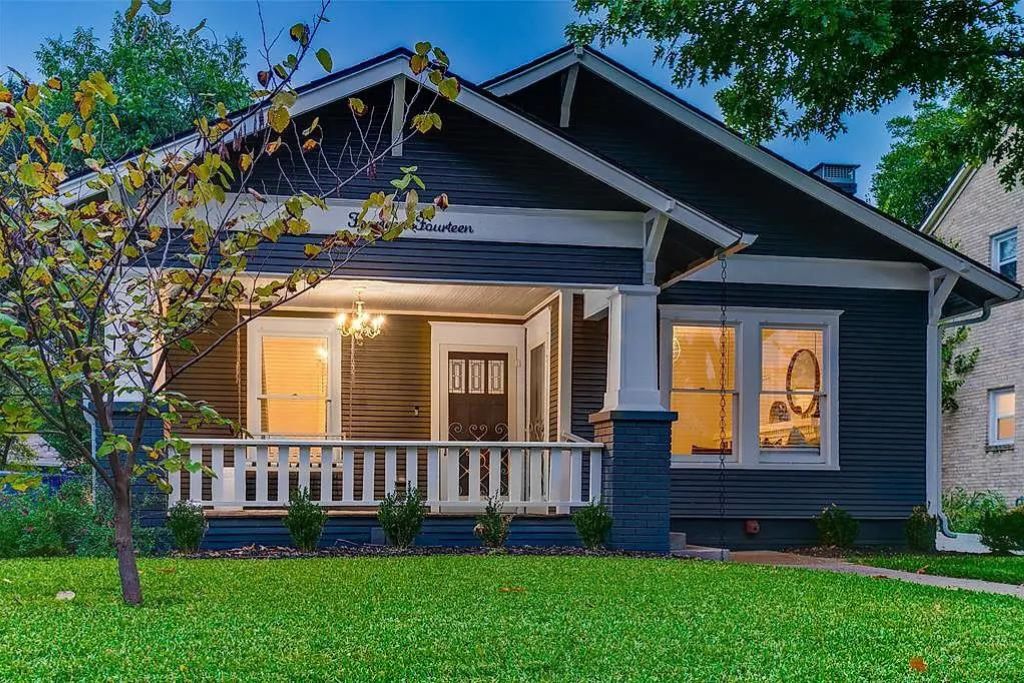Introduction to Property Taxes in Dallas
Property taxes are a significant component of the cost of living in Dallas, with an average annual amount of $4,306 for the average homeowner. Understanding Dallas Property Tax Costs and their impact is crucial for residents in Dallas. Property taxes in Dallas play a vital role in funding public services and infrastructure development.
Property taxes are a key aspect of homeownership, impacting both individuals and the community as a whole. For example, a homeowner in Dallas with a property valued at $250,000 would pay approximately $5,000 in property taxes annually, based on the average rates. This financial obligation underscores the importance of comprehending property tax dynamics for residents in Dallas.
Calculating Dallas Property Tax Costs
Property taxes in Dallas are calculated by multiplying the property’s appraised value by the tax rates set by different jurisdictions. Dallas County adopted a property tax rate reduction of 0.217946 cents per $100 in 2021. Appraisal protests for property taxes in Dallas must be filed by May 15th. For instance, if a property in Dallas has an appraised value of $300,000, the property tax due would be approximately $6,539 based on the current tax rate.
To illustrate, consider a scenario where a homeowner in Dallas sees an increase in their property value assessment from $200,000 to $250,000. Assuming the tax rate remains constant, their property tax liability would rise from $4,000 to $5,000, showcasing the direct correlation between property value assessments and tax obligations in Dallas.
Comparing Dallas Property Tax Costs with Other Cities
Dallas County has one of the highest property tax rates in Texas. Consequently, this significantly impacts the overall cost of living for residents. Meanwhile, in Tarrant County, homeowners face varying property tax rates in Fort Worth and Arlington. Additionally, Tarrant County has the fifth highest property taxes in Texas. Similarly, in Denton County, homeowners pay an average of $4,863 annually in property taxes. Therefore, this also contributes to the cost of living in the region.
Comparing property tax rates across different cities in Texas reveals significant variations. For example, the average property tax rate in Dallas County is around 2.6%. However, in Tarrant County, it can range from 2.1% to 2.7%, depending on the specific city. Overall, this showcases the diverse landscape of property tax burdens in the region.
Property Tax Exemptions and Their Impact on Dallas Property Tax Costs
Property tax exemptions in Dallas help reduce the tax burden for eligible residents and properties. Dallas County allocates a significant portion of property tax revenue to local schools, emphasizing the importance of exemptions. Collin County’s high property tax rates are partially offset by exemptions available to homeowners.
An example of a property tax exemption in Dallas is the Homestead Exemption, which allows homeowners to exempt a portion of their home’s value from taxation, reducing their overall property tax liability. This exemption can result in substantial savings for homeowners, making homeownership more affordable and contributing to the local economy.
Impact of Dallas Property Tax Costs on Cost of Living
Property taxes contribute to the higher cost of living in Dallas, impacting housing affordability and overall expenses. The average household income in Dallas is $58,231, with property taxes forming a substantial part of the expenditure for residents. Property taxes play a crucial role in funding essential services like education, public safety, and infrastructure development.
For instance, a homeowner in Dallas spending 30% of their income on housing costs, including property taxes, would have limited financial resources for other necessities, such as healthcare or savings. This exemplifies how property taxes directly influence the quality of life and financial well-being of residents in Dallas.
Strategies for Managing Property Taxes and Cost of Living in Dallas
Utilize the Texas Property Tax Calculator to estimate yearly property taxes and plan finances accordingly. Limiting housing costs to 25% of income helps manage the impact of property taxes on the overall cost of living in Dallas. Seeking advice from real estate professionals like Dustin Pitts can provide insights into property tax management and cost-saving strategies.
Effective property tax management involves exploring available exemptions, understanding tax assessment procedures, and seeking expert guidance to optimize financial resources. By employing strategies to mitigate property tax burdens, residents can navigate the cost of living challenges in Dallas more effectively.
Conclusion on Property Taxes and Dallas Cost of Living
Property taxes are a key factor influencing the cost of living in Dallas, requiring residents to understand the calculation methods, exemptions, and implications. Managing property taxes effectively is essential for maintaining financial stability and housing affordability in Dallas. By exploring property tax exemptions and utilizing available resources, residents can better navigate the cost of living challenges posed by property taxes in Dallas.























